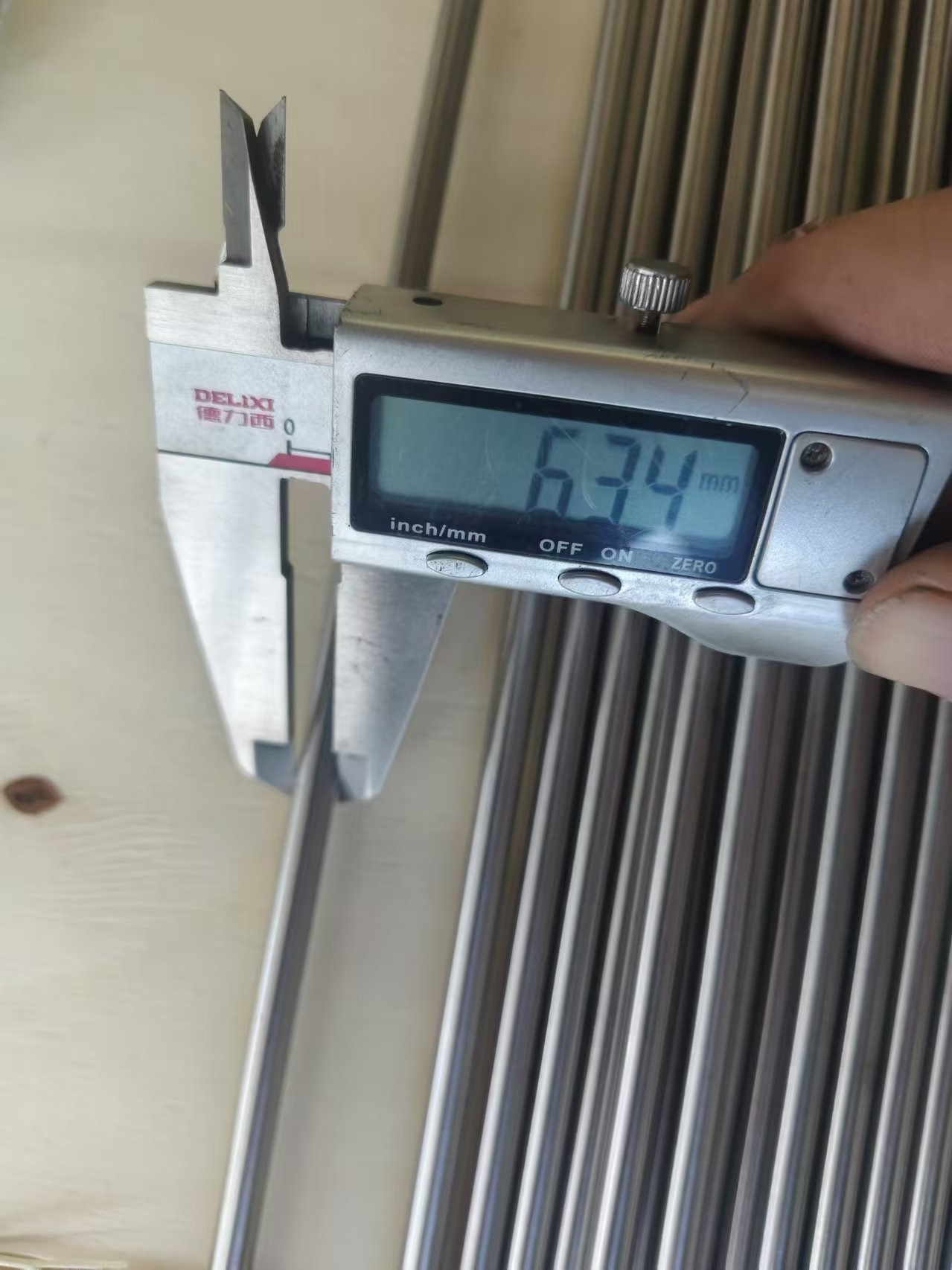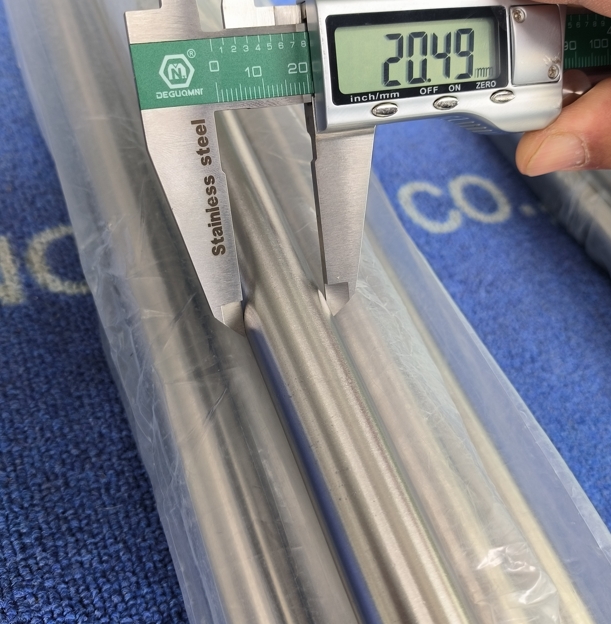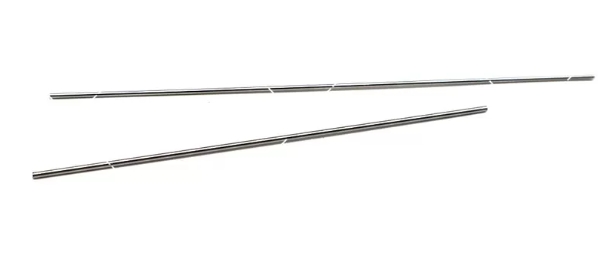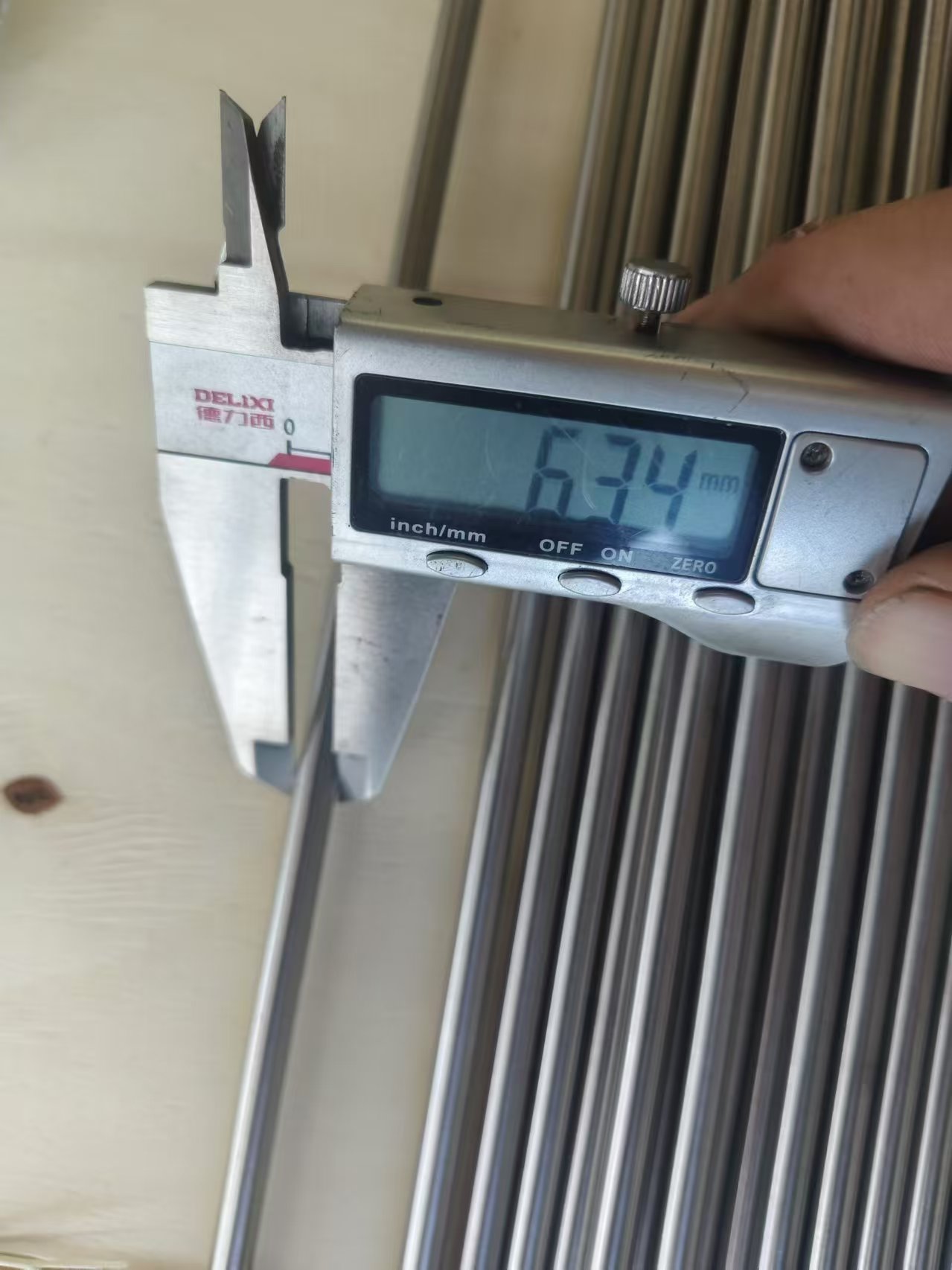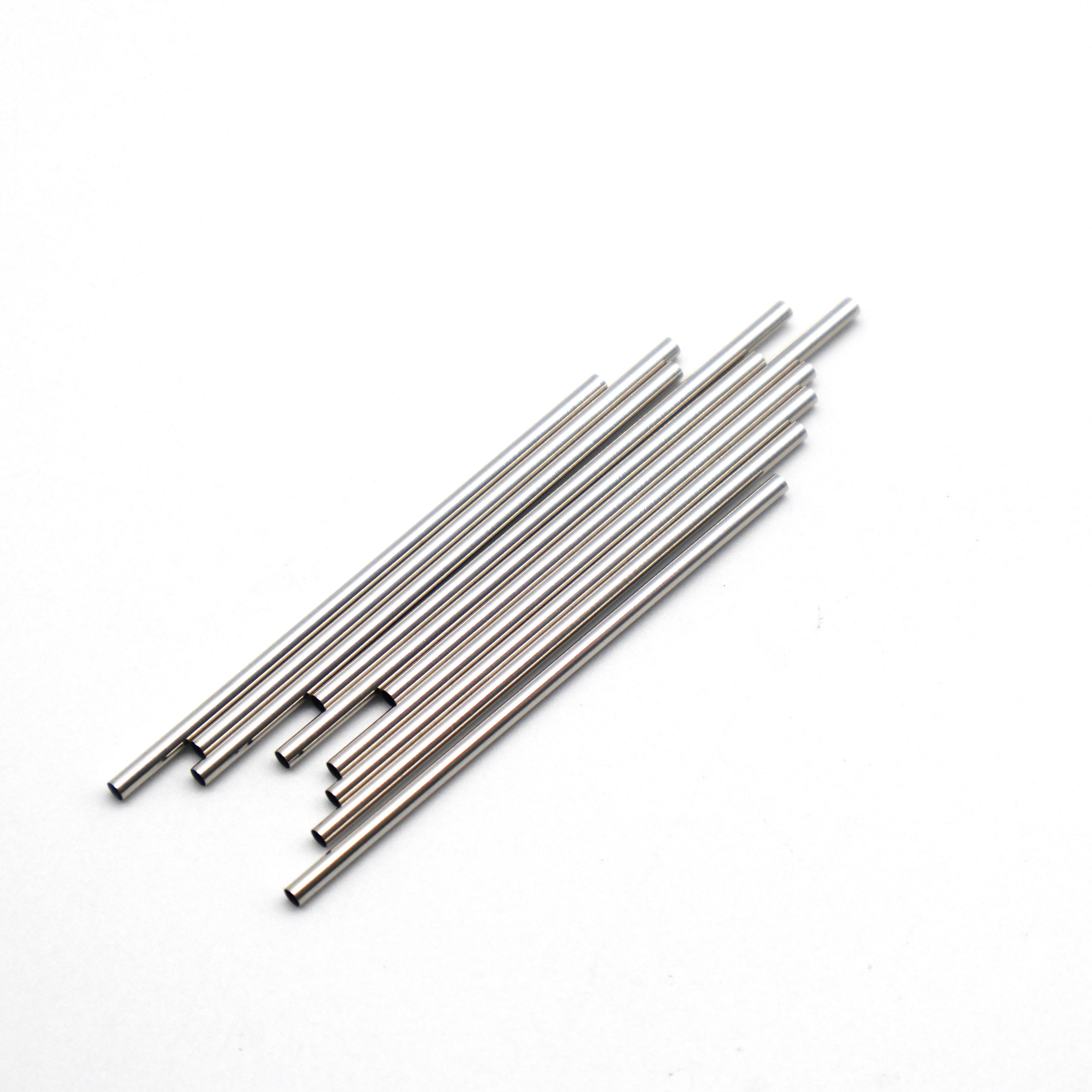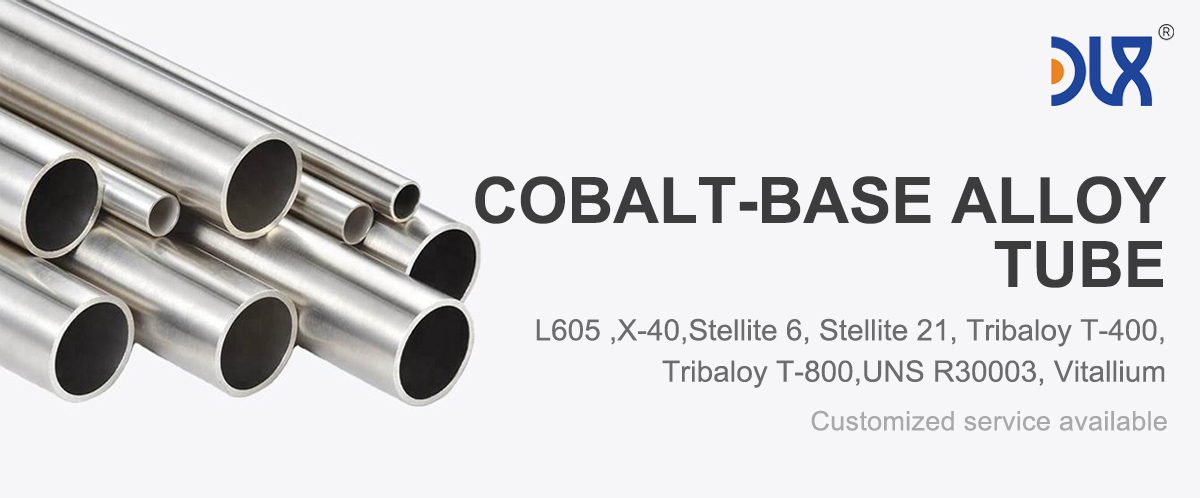
We’re proud to showcase our biocompatible CoCr tubing, a standout solution for dental prosthetics that demand precision, durability, and safety. As a company dedicated to pushing the boundaries of material science, we’ve crafted tubing that’s perfect for the unique challenges of dental applications. This article dives into what makes our CoCr tubing special, its applications, industry trends, and why we’re the top choice for dental professionals and beyond.
For more details, pls directly contact us.
Our biocompatible CoCr tubing is engineered to meet the high standards of dental prosthetics. Made from cobalt-chromium-molybdenum (CoCrMo) alloys, like those meeting ASTM F75 or F1537 standards, these tubes pack a punch with tensile strengths up to 1450 MPa. They’re designed for crowns, bridges, and implant frameworks, where strength and biocompatibility are non-negotiable.
The magic lies in the alloy composition—27–30% chromium, 5–7% molybdenum, and trace elements like carbon. Chromium forms a protective oxide layer (Cr2O3) that resists corrosion in the harsh oral environment, while molybdenum enhances strength and fatigue resistance. This ensures our tubing lasts through years of chewing, talking, and exposure to saliva. We use advanced manufacturing techniques, like precision forging and 3D printing, to create tubes with exact dimensions and smooth finishes, perfect for intricate dental designs.
Every tube is rigorously tested to comply with FDA and EU EUDAMED standards, ensuring safety for dental patients. We keep nickel content low to minimize allergic reactions, making our tubing ideal for sensitive patients. Whether it’s a small-diameter tube for an implant framework or a custom shape for a bridge, we deliver tailored solutions that meet your needs.
Cobalt-Chromium Alloy Parameters Table
|
Parameter |
Typical Value/Range |
|---|---|
|
Chemical Composition |
Cobalt (Co): 60-70% |
|
Density |
8.3-8.5 g/cm³ |
|
Melting Point |
1250-1450°C |
|
Hardness (Rockwell) |
Soft: 20-30 HRC |
|
Tensile Strength |
800-1200 MPa (depending on alloy and heat treatment) |
|
Yield Strength |
500-900 MPa |
|
Young's Modulus |
200-230 GPa |
|
Elongation |
10-20% |
|
Corrosion Resistance |
Excellent, resistant to acids, alkalis, saline, and high-temperature oxidation |
|
Biocompatibility |
Good, widely used in dental restorations and orthopedic implants |
|
Wear Resistance |
Excellent, suitable for high-wear environments like cutting tools, turbine blades |
|
High-Temperature Resistance |
Maintains performance up to 600-800°C, ideal for aerospace engine components |
|
Processing Methods |
Precision casting, 3D printing, CAD/CAM, laser cladding |
|
Typical Applications |
Dental prosthetics (e.g., crowns, frameworks), aerospace parts, turbine blades, oil drilling rods, medical implants |
CoCr alloys are a powerhouse for dental applications. Their high tensile strength (900–1450 MPa) and hardness (550–800 MPa) make them perfect for prosthetics that endure constant mechanical stress. Wear resistance is a big deal too—our tubing holds up against the abrasive forces of chewing, ensuring long-lasting restorations.
Corrosion resistance is critical in the mouth, where saliva and acidic foods can degrade lesser materials. The chromium in our CoCr tubing forms a passive oxide layer that protects against corrosion, keeping prosthetics intact for years. Biocompatibility is another strength—our tubes are designed to integrate seamlessly with oral tissues, with minimal risk of irritation or allergic reactions. We carefully control nickel content to ensure safety for all patients.
One challenge? CoCr’s hardness makes it tougher to machine than materials like titanium or stainless steel. That’s why we’ve invested in state-of-the-art equipment and additive manufacturing to deliver precise, high-quality tubing without inflating costs. It’s a tough material, but we’ve mastered it.
Applications: Where Our Tubing Makes a Difference
Our biocompatible CoCr tubing is a game-changer in dentistry, but its versatility extends to other fields. In dental applications, it’s used for:
-
Crowns and Bridges: Our tubing provides the strength and durability needed for fixed prosthetics, ensuring a perfect fit and long-term performance.
-
Implant Frameworks: For dental implants, our tubes offer precision and biocompatibility, supporting osseointegration and patient comfort.
-
Partial Dentures: The tubing’s corrosion resistance and strength make it ideal for frameworks that need to withstand daily wear.
Beyond dentistry, our CoCr tubing excels in:
-
Medical Implants: Used in orthopedic and cardiovascular devices, like hip replacements and stents, for its strength and biocompatibility.
-
Aerospace: Its high-temperature strength makes it perfect for turbine components.
-
Jewelry: CoCr’s durability and wear resistance are ideal for premium rings and accessories.
Industry Analysis: What’s Driving the Market?
The CoCr tubing market is thriving, with a projected value of around $500 million in 2025 and a growth rate of 5–12.5% through 2033. We’re at the forefront, meeting the rising demand for high-performance materials. What’s fueling this growth?
The dental industry is booming, driven by an aging population and growing demand for cosmetic and restorative procedures. As more people seek implants and prosthetics, the need for reliable materials like our CoCr tubing is soaring. Rising healthcare spending, especially in regions like Asia-Pacific, is also boosting demand.
Technology is a big driver too. Additive manufacturing, like selective laser melting, allows us to create custom prosthetics with intricate designs and better efficiency. We’re also seeing trends toward bioactive coatings that enhance tissue integration, a focus we’re incorporating into our R&D. These advancements are making dental restorations more precise and patient-friendly.
Challenges include high raw material costs for cobalt and chromium, which can squeeze margins. Strict regulations, like FDA approvals and EU’s CE marking, add complexity too. Competition from Titanium Alloy s (lighter) and stainless steel (cheaper) is another factor, but CoCr’s superior strength and corrosion resistance keep it ahead for dental applications. We’re leveraging these strengths to stay competitive.
North America and Europe dominate the market with their advanced dental industries, but Asia-Pacific is catching up fast, with countries like China and India investing in healthcare. We’re expanding our reach to tap into these growing markets.
Comparison Parameters Table
|
Parameter |
CoCr Tubing |
Titanium Alloy Tube |
Stainless Steel Tube |
|---|---|---|---|
|
Tensile Strength (MPa) |
900–1450 |
800–1100 |
500–1000 |
|
Corrosion Resistance |
Excellent |
Very Good |
Good |
|
Biocompatibility |
High |
High |
Moderate |
|
Wear Resistance |
Excellent |
Good |
Moderate |
|
Density (g/cm³) |
8.3–8.9 |
4.5 |
7.8–8.0 |
|
Machinability |
Difficult |
Moderate |
Moderate |
|
Cost |
High |
Moderate |
Low |
|
Primary Applications |
Dental prosthetics, medical implants |
Medical implants, aerospace |
General medical, industrial |
Our biocompatible CoCr tubing sets us apart because we’re all about quality, precision, and innovation. We use advanced techniques like 3D printing and seamless forging to deliver tubes with tighter tolerances and fewer defects than traditional methods. This means you get reliable, high-performing products every time.
Biocompatibility is a priority. Our alloys are formulated with low nickel content to minimize allergic risks, a concern with some other products. Every tube is tested to exceed ASTM, ISO, and regulatory standards, ensuring safety for dental patients. We also offer unmatched flexibility, customizing tubing for everything from tiny implant frameworks to larger prosthetic designs.
CoCr’s hardness can make machining tricky, but our cutting-edge equipment and expertise deliver flawless results without driving up costs. We’re also ahead on industry trends, exploring new alloy compositions and bioactive coatings to improve tissue integration, keeping us at the forefront of dental innovation.
Looking Ahead: The Future of CoCr Tubing
The future of CoCr tubing is bright, and we’re leading the way. Advances in additive manufacturing are opening doors to more complex, patient-specific designs. The rise of digital dentistry, like CAD/CAM systems, is driving demand for precision tubing, and we’re ready to deliver.
Sustainability matters too. We’re optimizing our processes to reduce waste and energy use, aligning with eco-conscious demands. With the global dental market growing, we’re scaling up while maintaining our commitment to quality.
Wrapping It Up
Our biocompatible CoCr tubing is a game-changer for dental prosthetics, offering unmatched strength, corrosion resistance, and biocompatibility. From crowns to implant frameworks, it’s the go-to choice for dental professionals and extends to medical, aerospace, and jewelry applications. Backed by our advanced manufacturing, rigorous testing, and innovative approach, we’re delivering tubing that exceeds expectations. Whether you’re crafting life-changing dental restorations or durable industrial components, our CoCr tubing has you covered.
For more details, pls directly contact us.
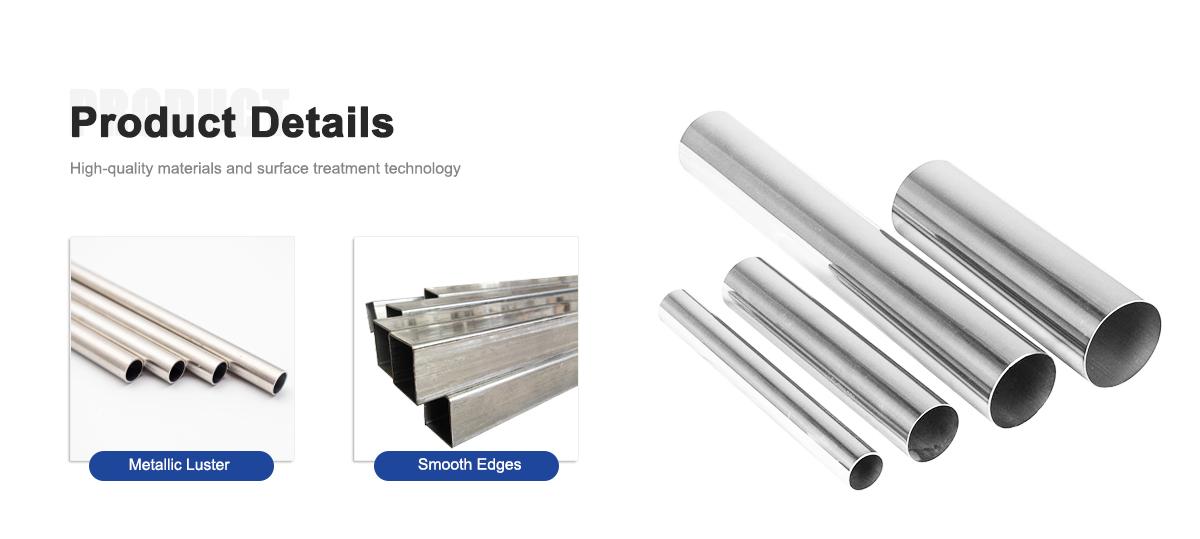
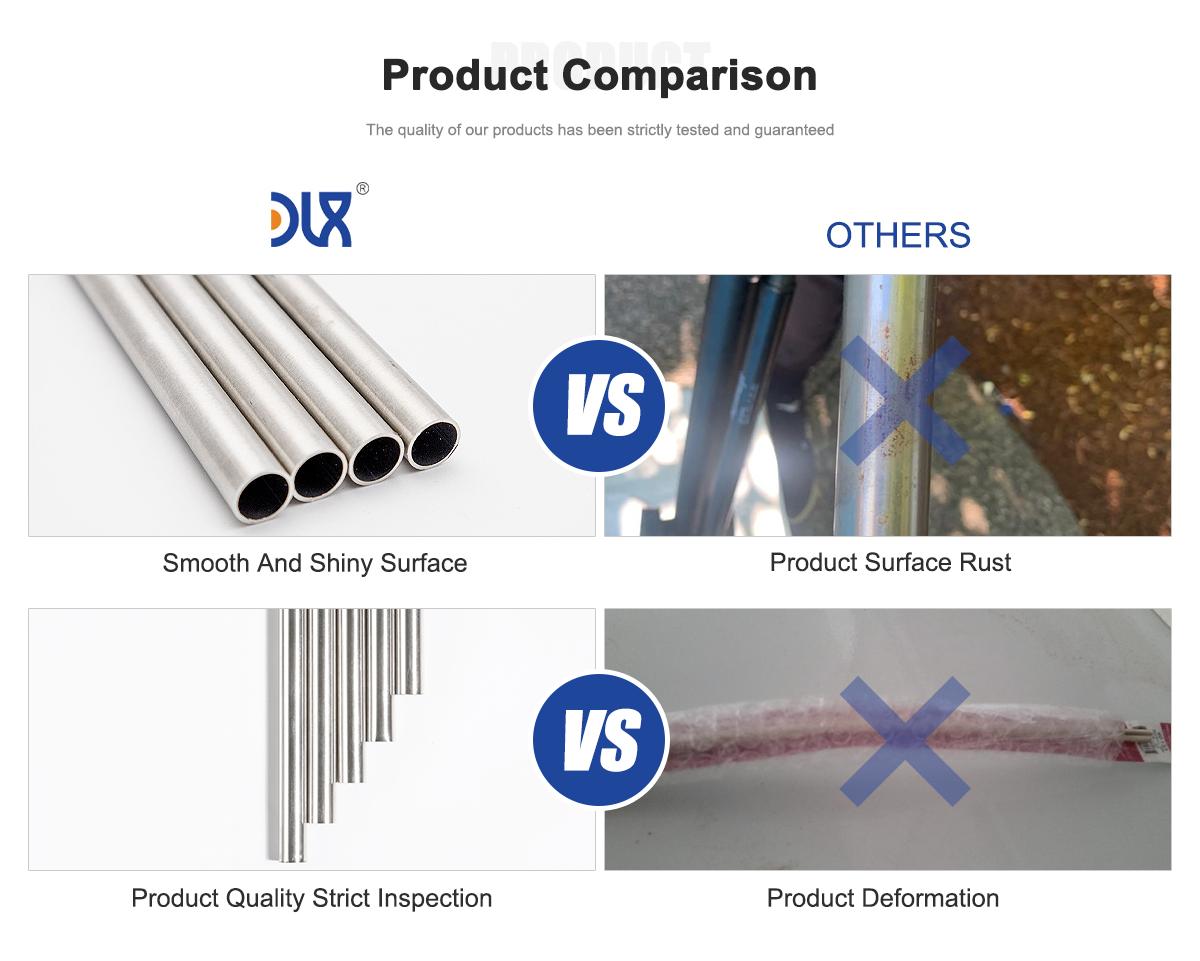
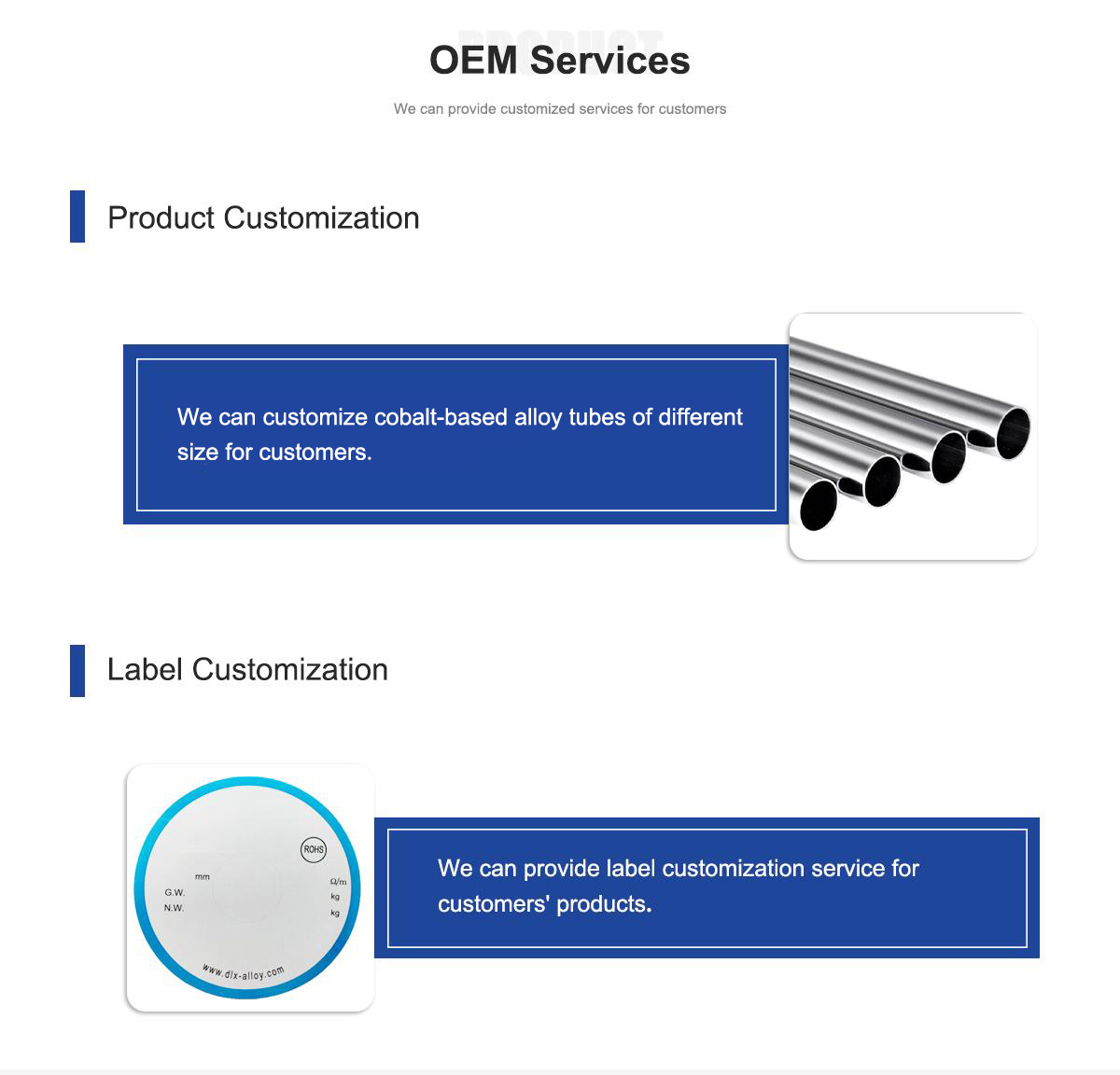
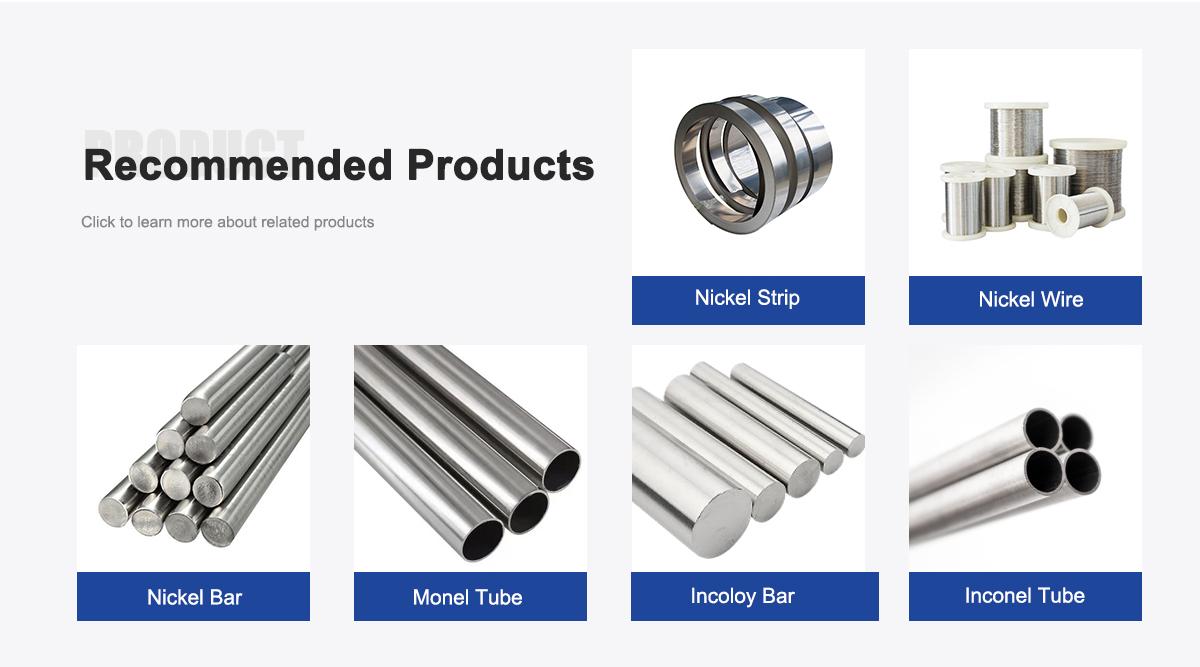
About Us:
Our 12,000㎡ factory is equipped with complete capabilities for research, production, testing, and packaging. We strictly adhere to ISO 9001 standards in our production processes, with an annual output of 1,200 tons. This ensures that we meet both quantity and quality demands. Furthermore, all products undergo rigorous simulated environment testing including high temperature, high pressure, and corrosion tests before being dispatched, ensuring they meet customer specifications.
For all our clients, we offer timely and multilingual after-sales support and technical consulting, helping you resolve any issues swiftly and efficiently.
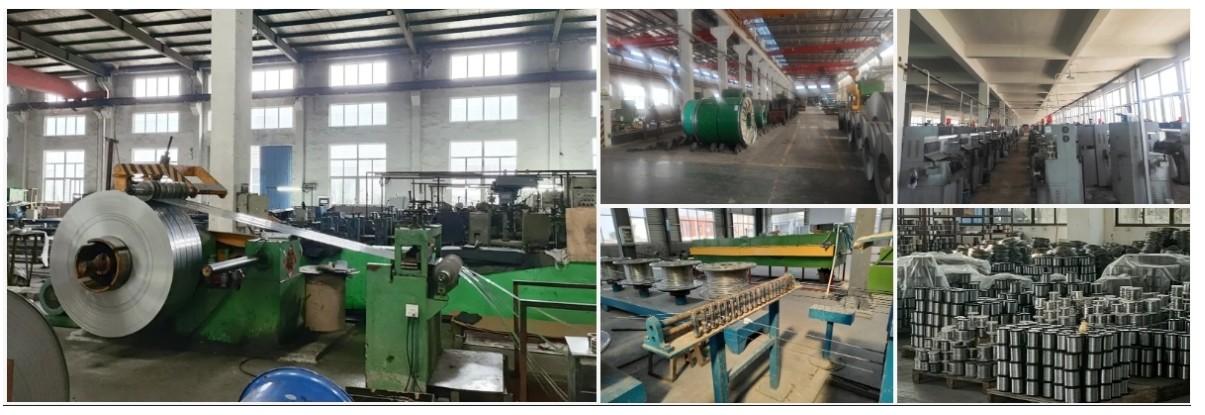
Client Visits
Building Stronger Partnerships

We support all kinds of testing:
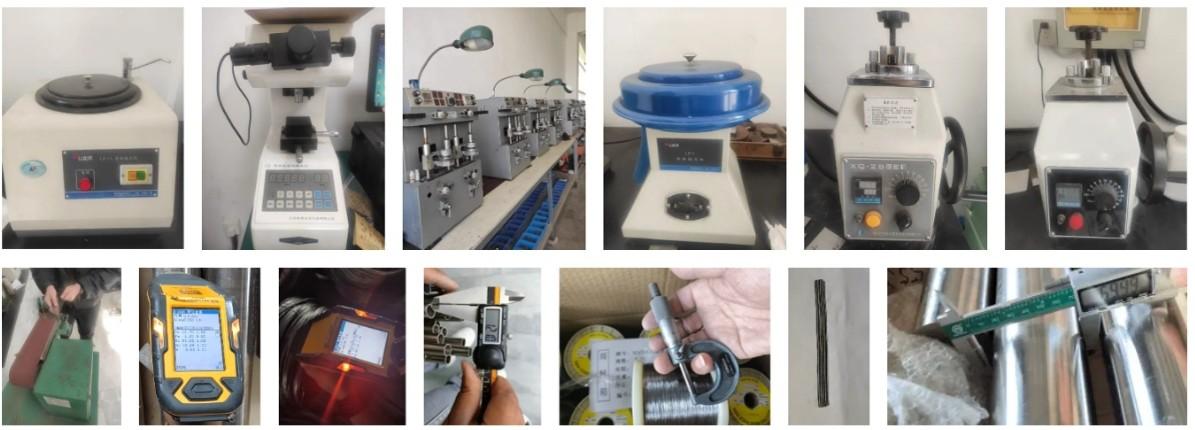

FAQs:
-
What is biocompatible CoCr tubing used for in dental prosthetics?
It’s used for crowns, bridges, and implant frameworks due to its strength, corrosion resistance, and biocompatibility. -
Why is CoCr tubing preferred for dental applications?
Its high strength, wear resistance, and compatibility with oral environments make it ideal for long-lasting dental restorations. -
What are the key properties of biocompatible CoCr tubing?
Tensile strength of 900–1450 MPa, excellent corrosion resistance, high hardness, and biocompatibility with minimal allergic risk. -
How is biocompatible CoCr tubing manufactured?
Through precision forging, casting, or additive manufacturing like selective laser melting for accurate dimensions. -
Is CoCr tubing safe for dental use?
Yes, it’s highly biocompatible with low nickel content to reduce allergic reactions in the oral cavity. -
What other industries use biocompatible CoCr tubing?
Medical for implants, aerospace for components, and jewelry for durable designs. -
What challenges are associated with CoCr tubing for dental prosthetics?
High material costs and complex machining due to hardness can increase production expenses. -
What are the latest trends in CoCr tubing for dental applications?
Advances in 3D printing for custom prosthetics, improved alloy formulations, and bioactive coatings for better integration.

